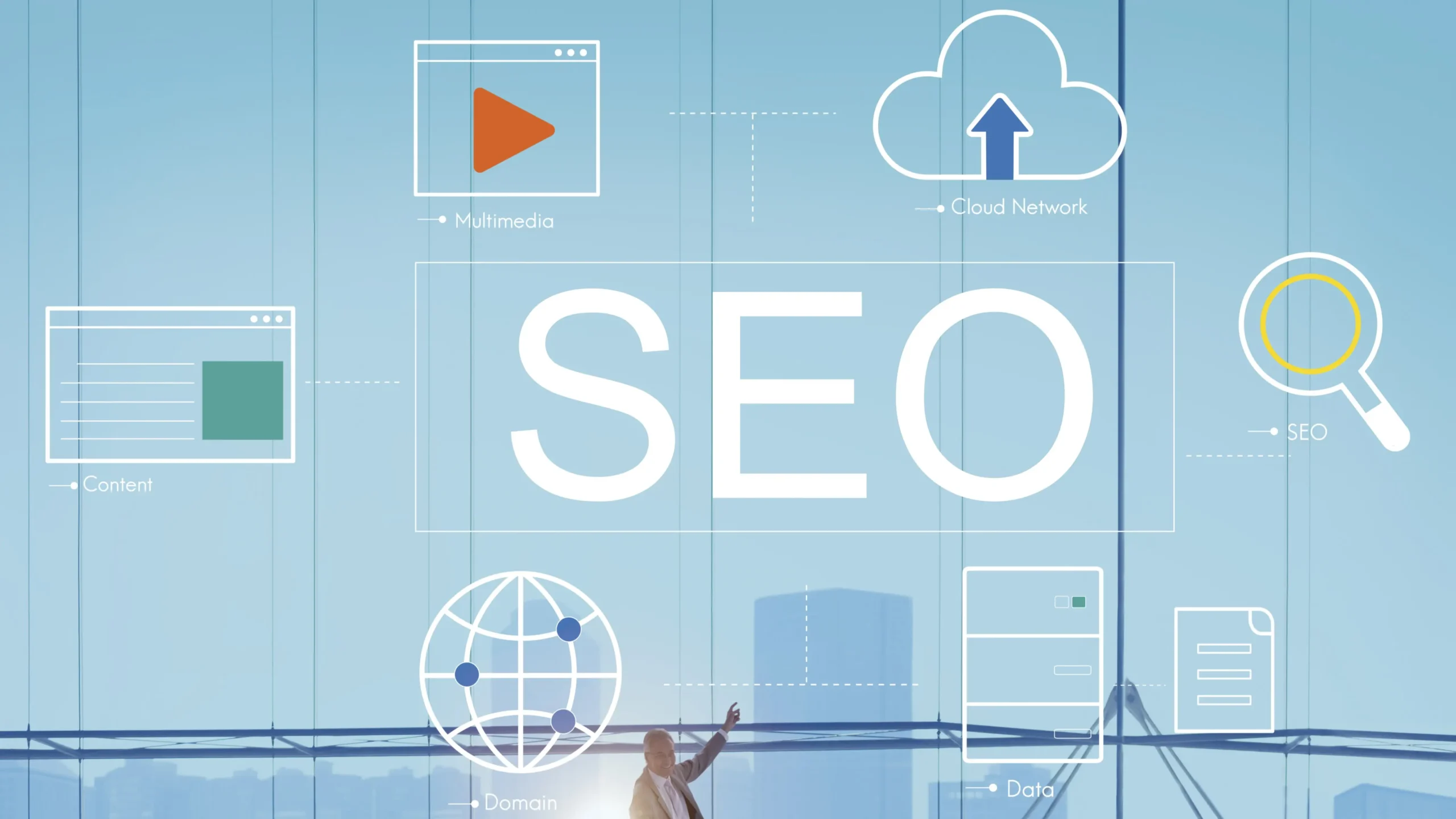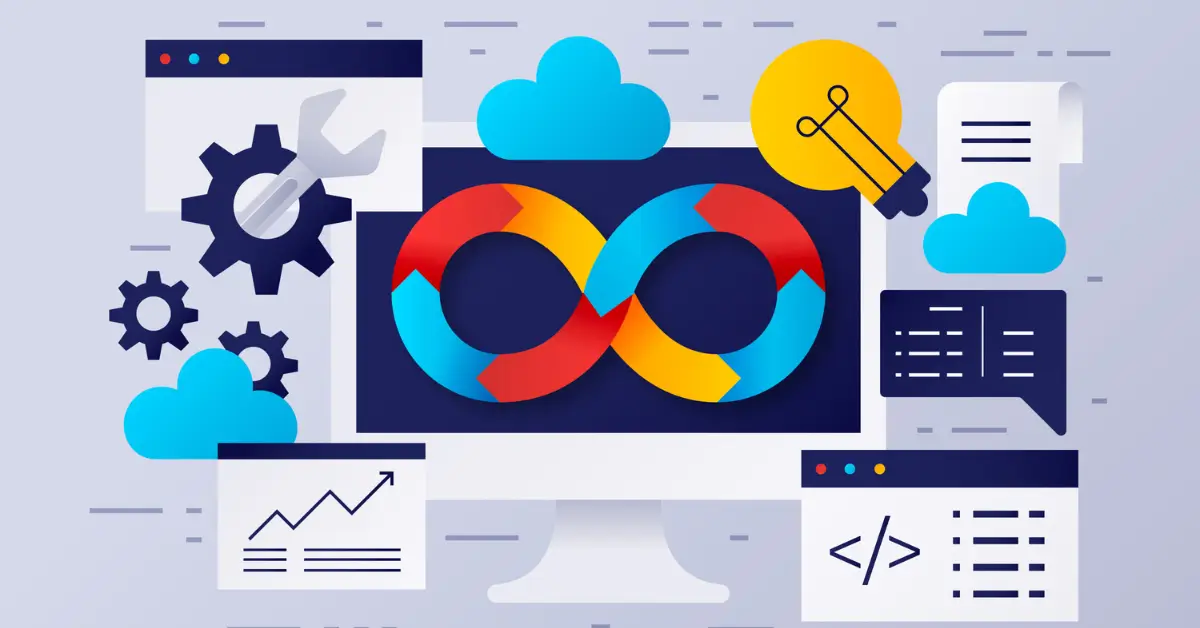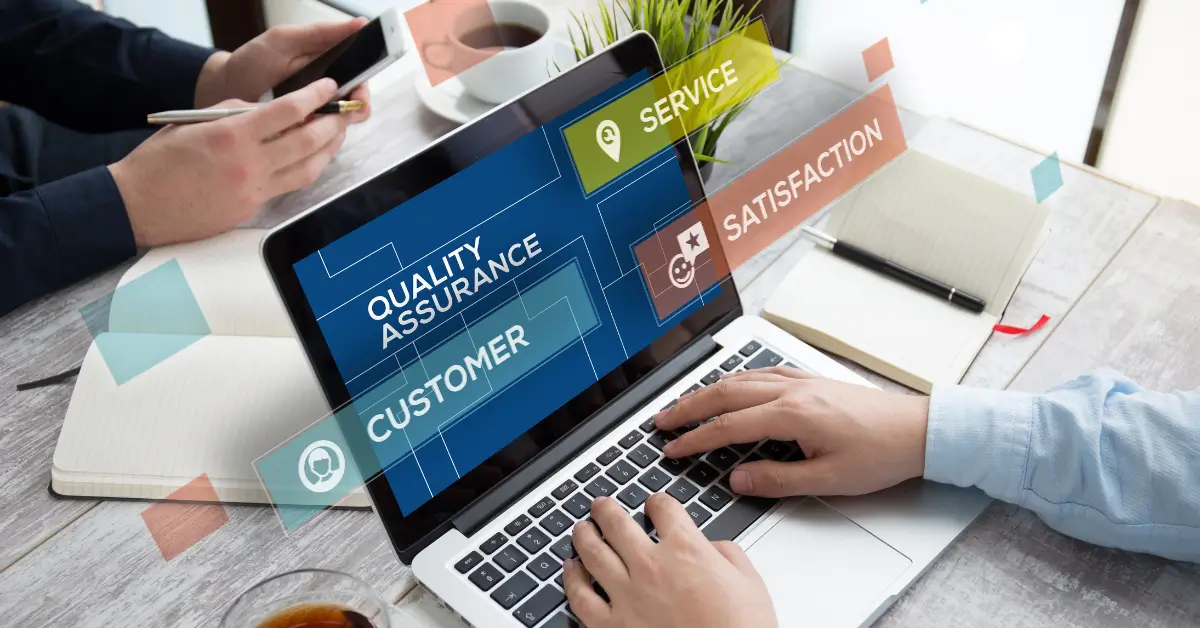Website speed is not just about user experience—it’s a vital factor for search engine optimization (SEO). Google uses page speed as a ranking factor, which means if your WordPress site is slow, it could be hurting your rankings and reducing traffic. In this blog, we’ll explain why WordPress speed optimization is crucial for SEO and provide actionable tips to boost your site’s speed.
The Importance of Speed for SEO Search engines like Google prioritize fast-loading websites. A faster website means better user engagement, lower bounce rates, and higher chances of conversions. If your WordPress site takes too long to load, users will leave, which signals to Google that your site doesn’t provide a good user experience, negatively impacting your SEO rankings.
1.Google’s Core Web Vitals and Page Experience
Google’s Core Web Vitals are part of the Page Experience update, which focuses on the overall user experience. These metrics measure loading performance, interactivity, and visual stability. A slow WordPress site may have poor Core Web Vitals scores, leading to a lower ranking in search results.
2.Bounce Rate and Dwell Time
A slow website leads to high bounce rates, which occur when visitors leave your site shortly after arriving. When users quickly exit, it signals to search engines that your content isn’t relevant or engaging. On the other hand, a fast-loading website encourages users to stay longer (dwell time), improving your SEO performance.
3.Mobile Speed Matters With mobile-first indexing
Google primarily uses the mobile version of your site for indexing and ranking. If your mobile site is slow, it can hurt your rankings. Make sure your WordPress site is optimized for mobile devices by using responsive themes, compressing images, and enabling lazy loading.
How to Speed Up Your WordPress Site for SEO
- Use a Fast Hosting Provider Your hosting provider plays a significant role in how fast your site loads. A quality WordPress host will offer performance optimizations such as built-in caching and a CDN. Consider upgrading to a managed WordPress host for improved speed and support.
- Optimize Your Plugins. Plugins are essential for adding functionality, but too many can slow down your site. Review your active plugins and remove any that are outdated or unnecessary. Choose lightweight, well-coded plugins for essential tasks like SEO, caching, and security.
- Compress Images Images are often the largest elements on a webpage. Compressing them can reduce their size and improve page load times. Use image optimization plugins like ShortPixel or WP Smush to compress images without losing quality.
- Minimize HTTP Requests The more HTTP requests your site makes, the slower it becomes. Minimize requests by reducing the number of scripts, stylesheets, and plugins on your site. Combining CSS and JavaScript files is another effective way to reduce requests.
- Utilize Browser Caching Browser caching stores static resources (like images, CSS, and JavaScript files) on a user’s device, so they don’t have to reload them on subsequent visits. You can enable browser caching by adding rules to your .htaccess file or using a plugin like W3 Total Cache.
Conclusion
WordPress speed optimization is critical for SEO success. A fast website not only enhances user experience but also improves your rankings on search engines like Google. By focusing on hosting, image optimization, caching, and minimizing HTTP requests, you can ensure your WordPress site performs optimally and ranks higher in search results.
Both blogs are SEO-friendly and focused on providing actionable tips that readers can implement to optimize their WordPress websites. They contain keyword phrases like “WordPress optimization,” “speed optimization,” and “SEO,” which help in ranking for relevant search terms.





